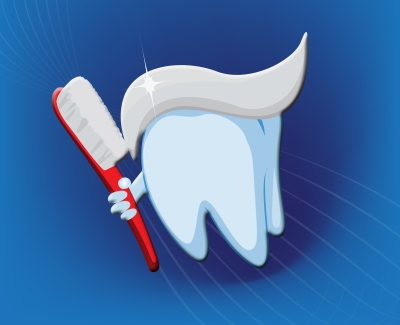
Preventive dental care – the role of the patient
In addition to a rigorous oral hygiene regimen, effective preventive dental care involves both dietary and lifestyle practices on the part of the patient. This involves:
- Brushing – Regular brushing is an integral part of preventive dental care. Brushing prevents the build-up of plaque, an invisible bacterial film that is constantly being produced in the oral cavity.
The optimum preventive dental practice is to brush at least twice daily, in the morning and at bedtime, with a fluoride toothpaste. Evidence from clinical trials suggests that electric toothbrushes are superior to manual brushes for removing plaque.
Brushing immediately after a meal is actually contrary to good preventive dental care. Eating temporarily weakens tooth enamel; brushing during this interim period can harm your teeth. Chew sugar-free gum instead to produce saliva that can help to cancel out the acid produced by eating.
- Flossing – This is just as important a part of your preventive dental regimen as brushing because it cleans the spaces between the teeth, where a brush cannot always reach.
- Diet – The best preventive dental advice is to avoid sugar, carbonated soft drinks (even the sugar-free variety) and processed foods. Drink plenty of plain water or milk. If you do indulge in sugary treats, confine them to once daily. It is the frequency, and not the total amount of sugar, that causes the most damage to the teeth.
Preventive dental services – the role of the dentist and hygienist
However rigorous and effective your personal preventive dental care, you still need to visit the dentist for supportive preventive dental services such as dental cleaning, regular x-rays, fillings and root canals.
Preventive dentistry for children
Did you hear about the toddler who went to the dentist? One quarter of his teeth were so badly decayed they required dental crowns! Good preventive dentistry for children involves starting early (brush from the very first tooth), putting only water into the bedtime bottle, ditching the pacifier at age two and being aware of sugary medicines. Your child’s dentist may also recommend the use of a fissure sealant, a coating of plastic that is applied to the surfaces of the back teeth used for biting. This preventive dental service can help to prevent tooth decay.
Precautions in preventive dentistry
Make sure your dentist is aware of any medical conditions that you have so that he may take precautions, if necessary, to protect your general health and avoid doing any harm. Mitral valve prolapse, for example, needs to be treated with antibiotics. Allergies to the preparations and medicines used in preventive dentistry are very unusual.
Tooth Pulling Basics
If your tooth is damaged or diseased, your dentist will try any number of ways to fix it. This would include crowns, root canals, fillings, and more.
However, there are circumstances that require a tooth extraction. You may need a tooth pulled for the following reasons:
- Tooth damaged beyond repair
- Loose tooth
- Make room for incoming teeth
- Infected tooth
- Wisdom tooth extraction
- And more
What happens during a tooth pulling procedure?
For simple extractions, the dentist uses a tool called a forceps to loosen and eventually pull the tooth. For surgical extractions, the gum might need to be cut, or additional bone may need to be removed before the tooth is pulled. Local anesthesia is applied for both types of tooth extractions, so you’ll feel only a small amount of pressure, but no pain.
How long does it take go get a tooth pulled?
Simple extractions usually take less than 30 minutes, while surgical extractions are usually less than one hour. The time it takes to get a tooth pulled ultimately depends on how much preparation work (anesthesia and other factors) is involved. But in many cases, you can have a tooth pulled in just a few minutes, especially if it’s already loose.
What happens after a tooth is pulled?
Since any tooth extraction is considered a form of dental surgery, your dentist will follow up with any necessary care. You may be required to avoid certain foods and beverages, take medication (as the anesthesia wears off), and discuss pain management, if necessary. Surgical extractions usually require more pain medication than simple extractions, and your dentist will recommend certain medicine to take while you recover. Make sure you follow your dentist’s instructions, and your tooth extraction will be as pain-free as possible!
If you or a family member require a tooth pulling procedure, visit your nearest Dr. Dental today. We’ll provide the best possible care, from initial consultation through recovery and beyond!
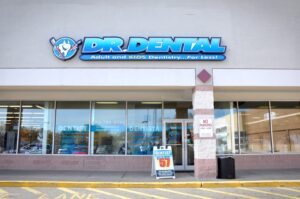
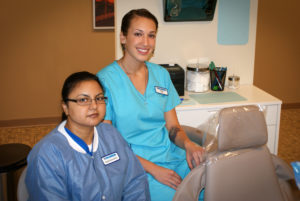
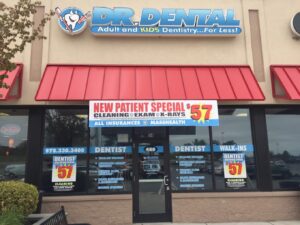
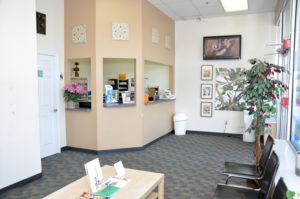

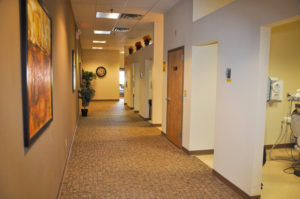
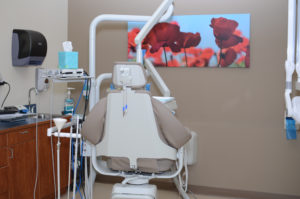

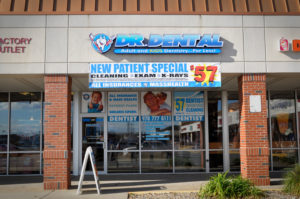
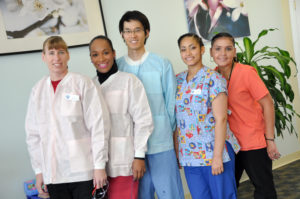
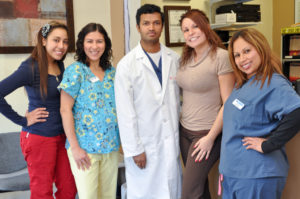
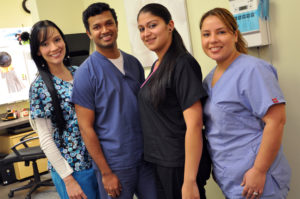
Comments are closed.